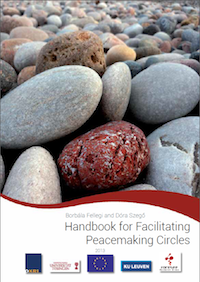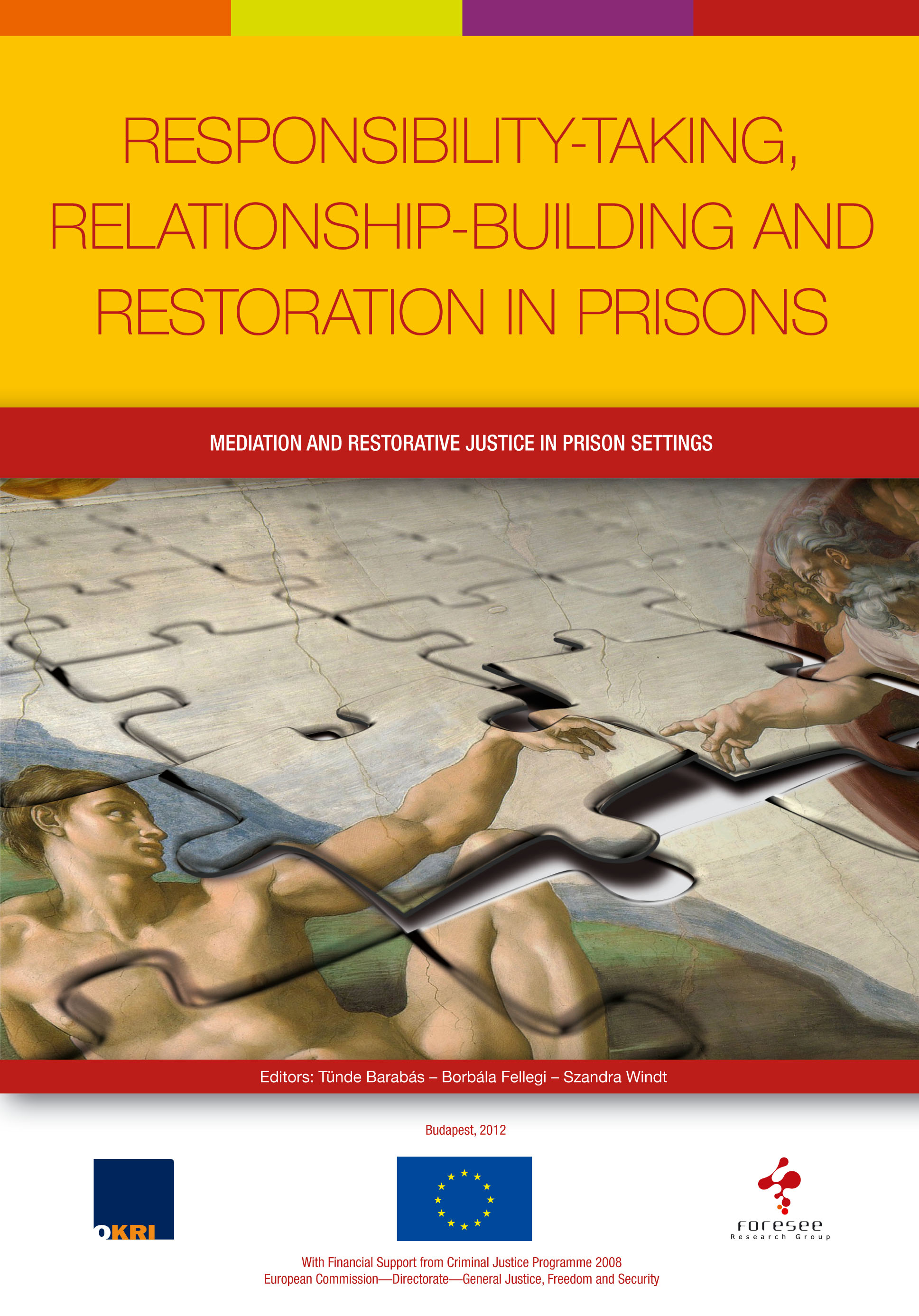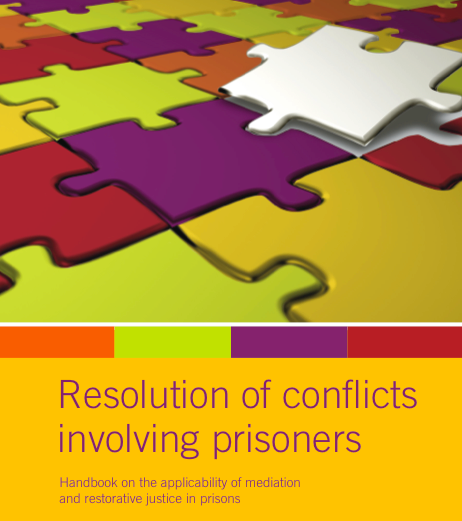Hungary had municipal elections very recently. Citizens of cities and villages have decided who will be the decision makers that represent them in the next five years. Due to the nature of every election there are winners who (supported by the logic of the election law and by the number of votes) get into the municipalities and losers who don’t. Many of the candidates are playing double or nothing: either they are continuing as a mayor in the municipality again or they won’t participate as an opposition: they choose to become ultimately winners or losers and their voters feel the same: they won or they lost. The consequences of this are unpleasant.
In this year I regret to have noticed a habit that became prevalent from the largest city to the smallest village, namely that a lot of candidates are not shaking hands with each other: the losers are not congratulating the winner and the announcement of the result is almost taken as an offence. It seems that at first they become losers, then they turn into kind of victims and it seems like the latter position is better for them than closing the issue. The usual common gestures and rituals that help people to leave the polarization behind and to move back to everyday life are getting sidelined.
Not much creativity is needed for anyone to become permanently offended: the most important part is to avoid open communication and personal meetings, interactions or rituals. No creativity is needed for the winner either to intensify this process: getting “rightfully” offended back, enlarging the others’ procedural mistakes, strengthening the silence and later refusing restorative communication.
The elections and referendums artificially fragment the local communities, which would need organic restorative actions to heal so that the fact of connectedness and the feeling of belonging together can overcome the effects of labeling that is so common for the logic of the campaign. In democratic societies the representatives elected by the majority are also taking care of the minority, which is also to the contrary of the winners-losers logic. The circle model often used in restorative methods can help the “sides” and “poles” or “fractions” of the communities to see themselves as heterogeneous but in a complex way interconnected network again.













